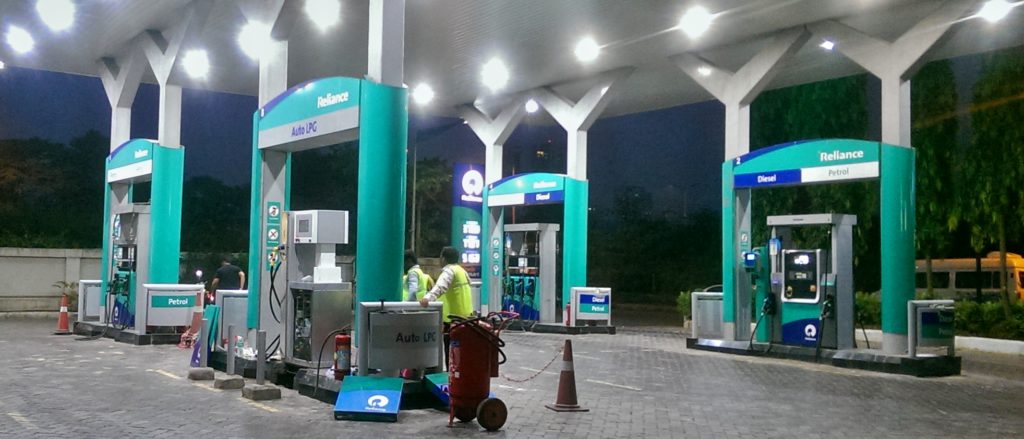Media Room
India: Autogas industry asks government to look into all alternative options

A recent study conducted by researchers from the International Council on Clean Transportation (ICCT), George Washington University, and the University of Colorado Boulder estimated that vehicle tailpipe emissions were linked to about 385,000 premature deaths from ambient PM 2.5 and ozone worldwide in 2015. An estimated 70% of these occurred in the four largest vehicle markets – China, India, the EU, and the U.S.
To face this scenario and improve air quality, Indian government has put a long term policy focus on shifting to electricity as a transport fuel. While this commitment towards a faster rollout of electric vehicles is welcome, India is missing on the immediate environmental benefits that can accrue by encouraging cleaner gaseous fuels like LPG.
Electric vehicles to be a feasible mode of transportation widely accepted is still about a decade away, according to Suyash Gupta, Director General, Indian Auto LPG Coalition, who says the government should look into alternative options first. “We must not lose the opportunity to utilise more readily available cleaner fuels such as Autogas, which can help us clean our urban air faster,” he said.
Notably, more than 40% of transport pollution in Delhi comes from two-wheelers. Across the country, two-wheelers account for more than 75% of the vehicle population. Unfortunately, most policy interventions fail to address this significant cause of pollution. “Much like four-wheelers, we need to start pushing two-wheelers towards cleaner fuels as well. Here again, LPG makes for the most viable alternative with two-wheeler conversion kit available at an affordable price along with a convenient side fitment of LPG tank,” said Gupta.
Autogas has demonstrable credentials as an easily deployable source of transport power. Moreover, it is already available in 500 Indian cities and it neither needs any major infrastructural overhaul nor any subsidies to encourage consumers towards its usage. It is pertinent that the government frames policies that are favourable to all alternative fuels to allow consumers a wider choice of viable fuels.
Over 26 million vehicles across 70 countries run on LPG with several countries effectively using this fuel to clean up their urban environment. For more information, please visit this link.
8 January 2020
